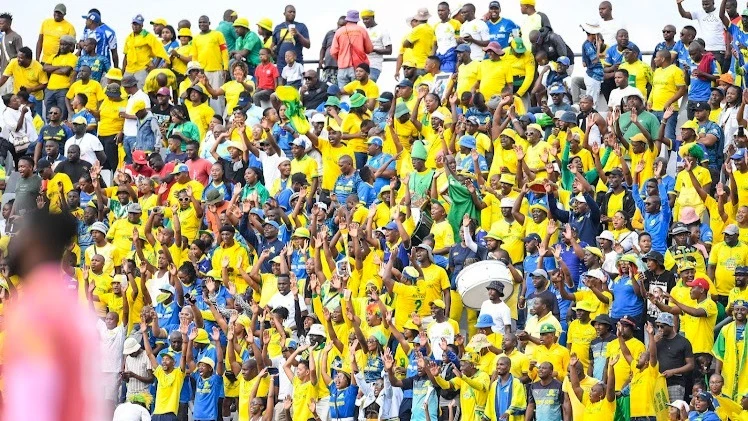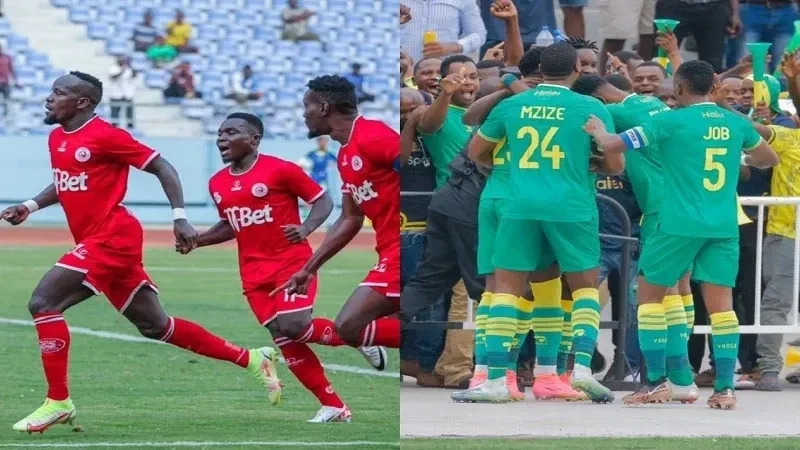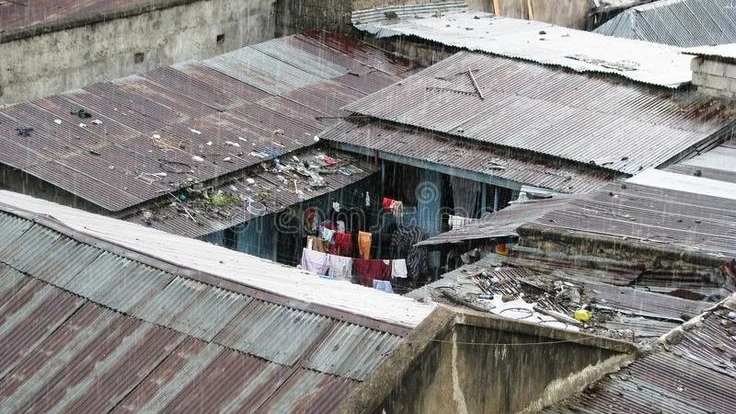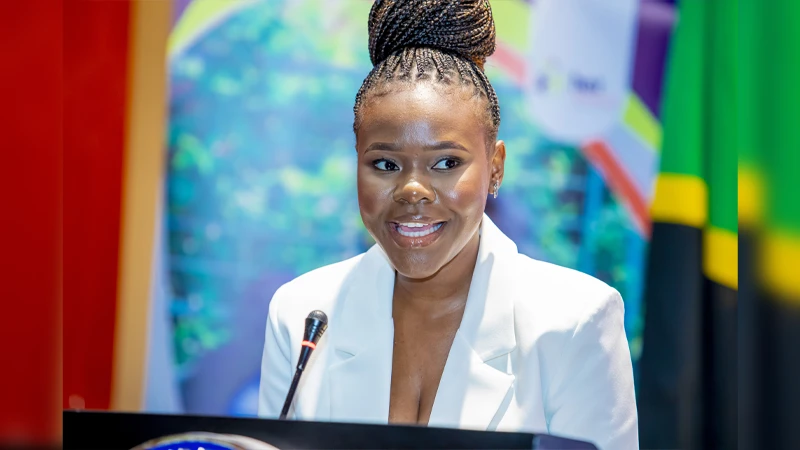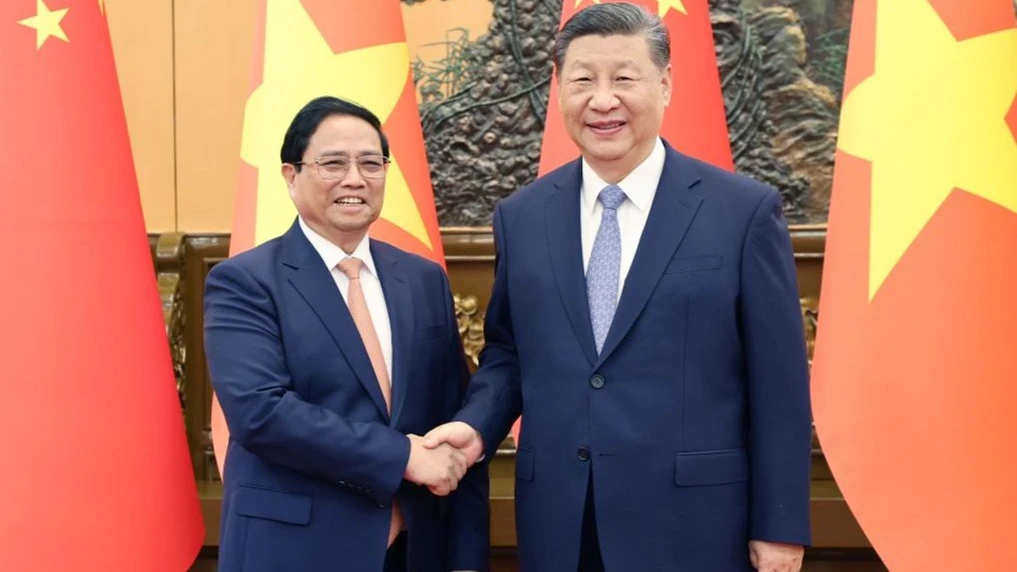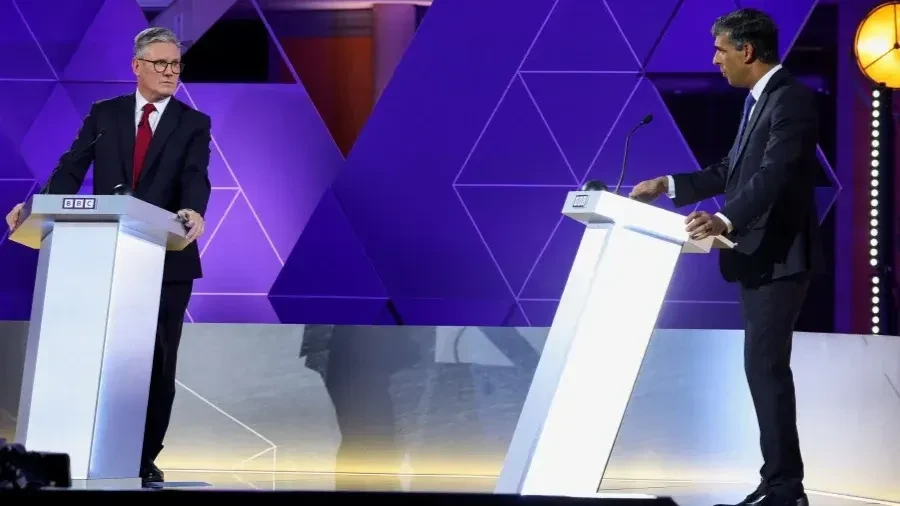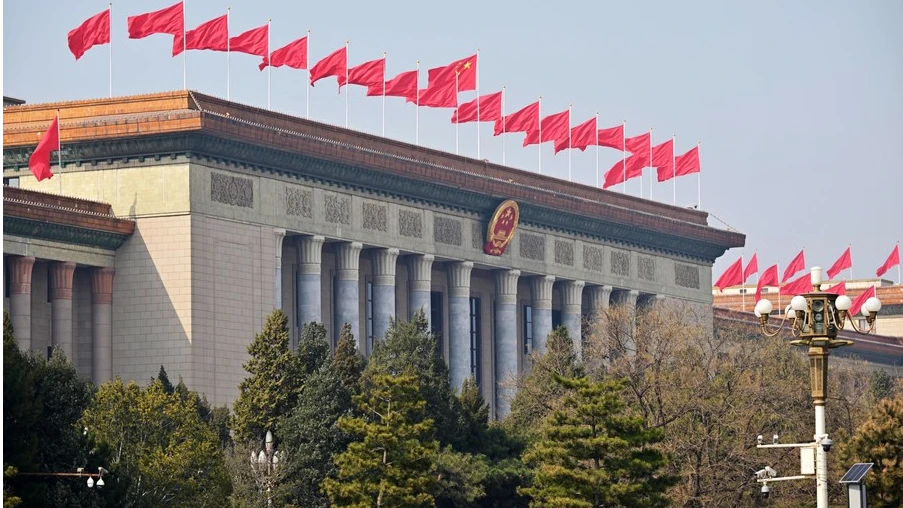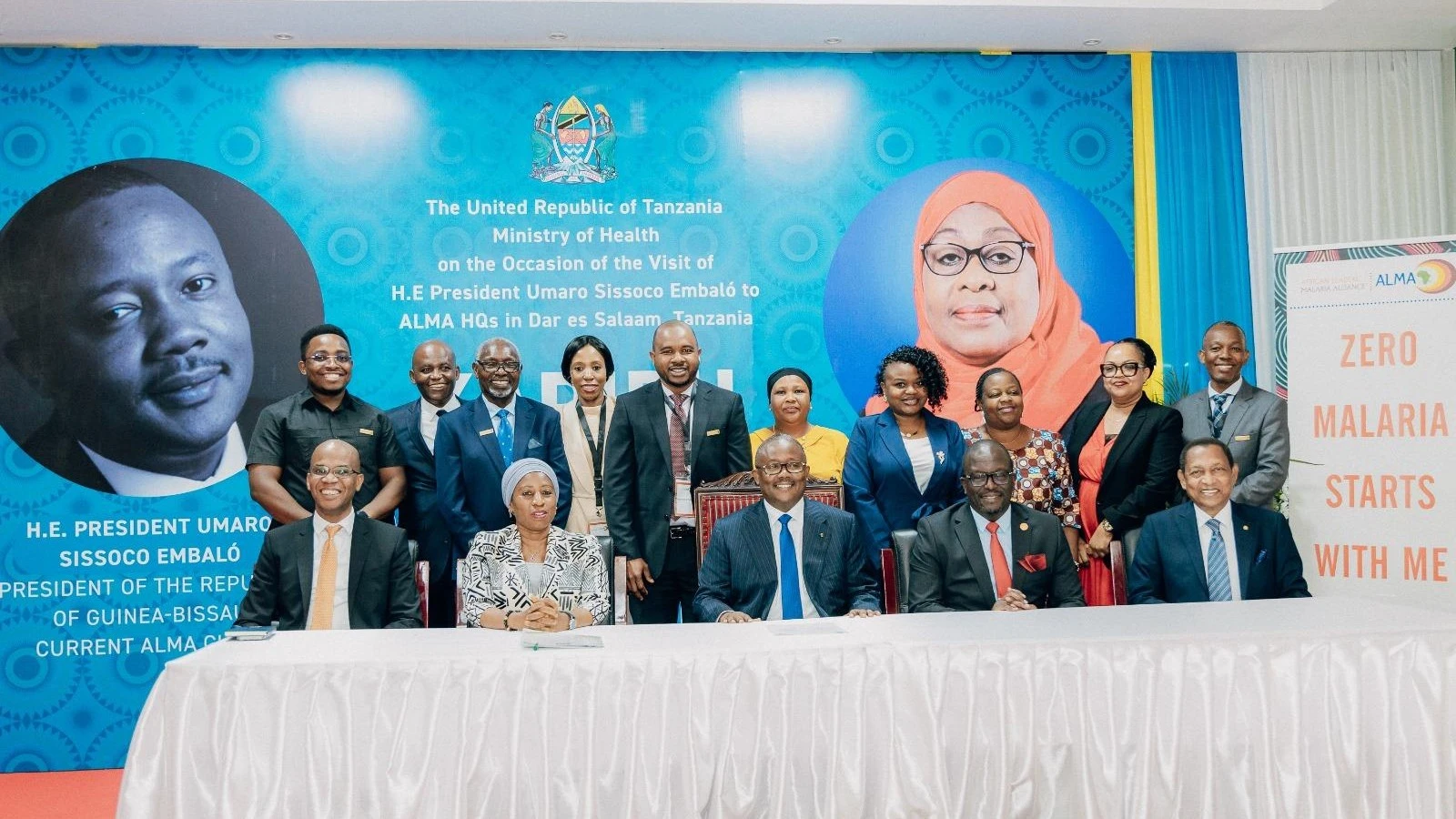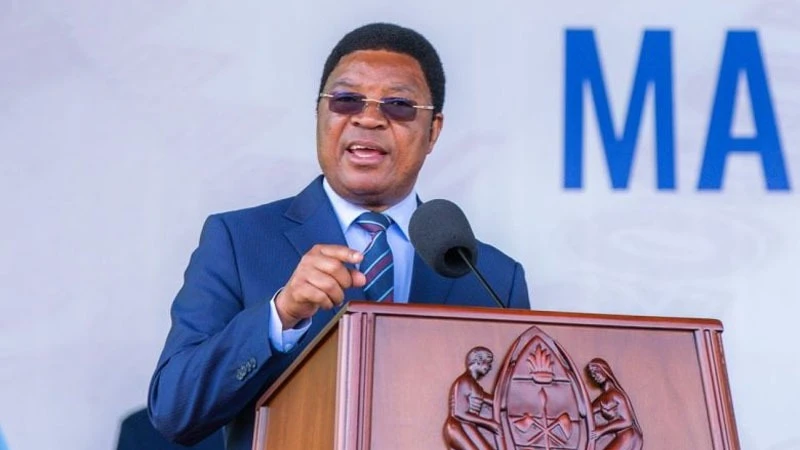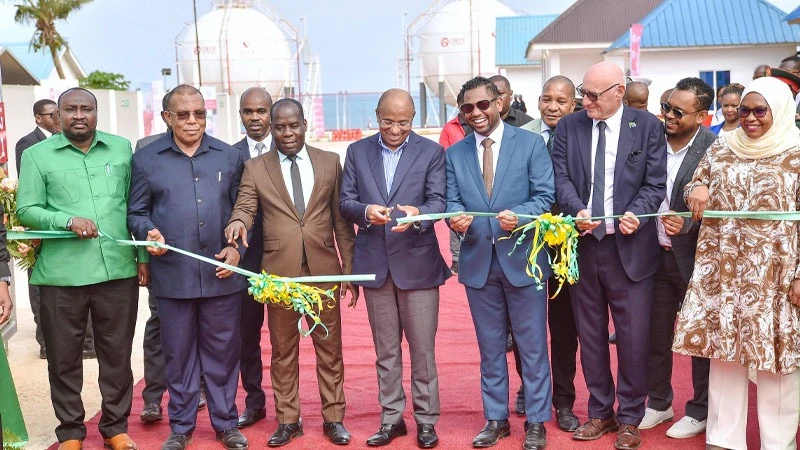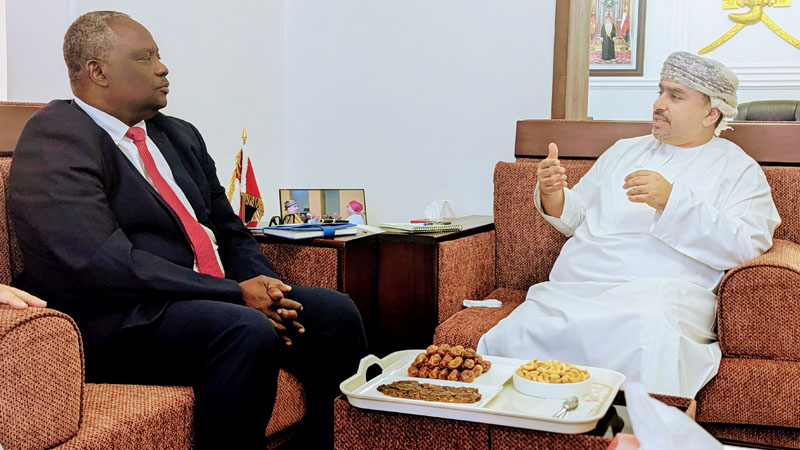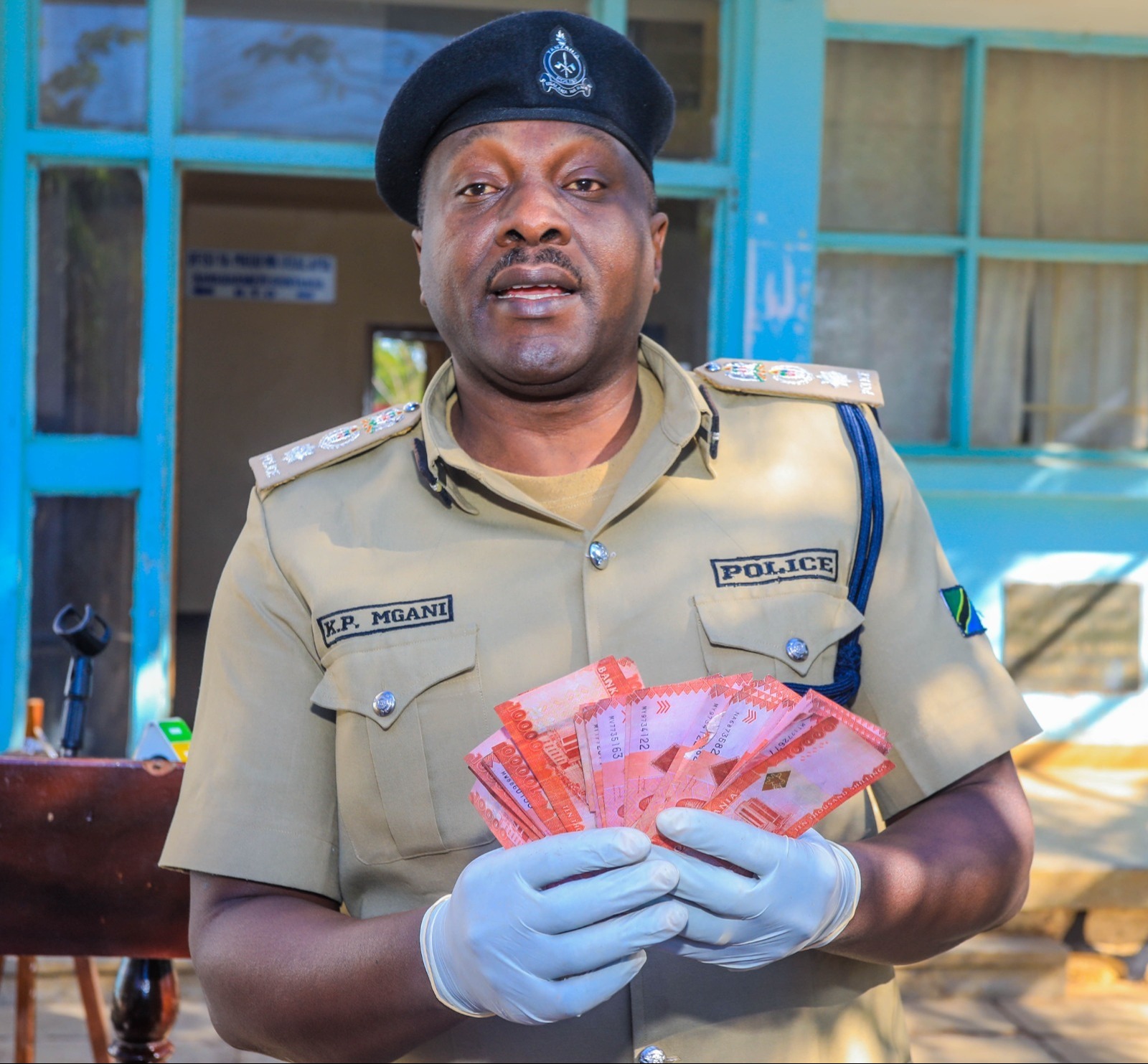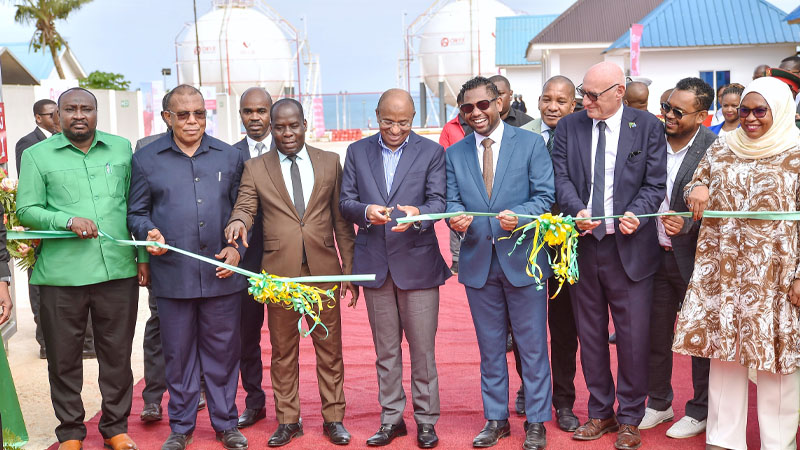Limited playtime for local goalkeepers poses challenge for Tanzania ahead of AFCON 2027
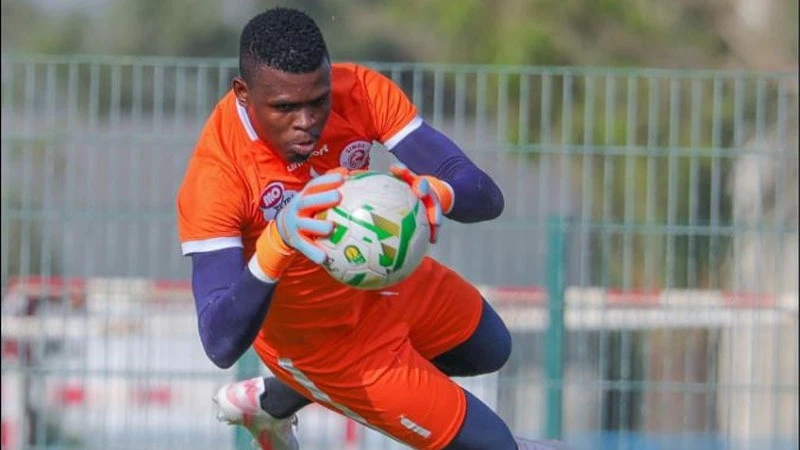
THE Premier League, one of Africa’s top football leagues, is making waves, with Tanzania becoming a notable force. In the 2024/25 season, Tanzania will have four teams participating in the Confederation of African Football (CAF) tournaments.
The teams are Young Africans and Azam FC in the CAF Champions League, and Simba SC and Coastal Union in the CAF Confederation Cup. This marks a significant shift from the past, showcasing the league’s growing influence.
Despite this success, the league faces a critical issue: the production of homegrown talent, particularly goalkeepers. The reliance on foreign players is evident, with few local names making their mark. This trend is concerning for the future of Tanzanian football, especially for the national team.
The 2023/24 season statistics highlight this issue starkly. Out of the top six goalkeepers, only one is a native Tanzanian. Coastal Union’s Leny Matambi from DRC Congo leads with 15 clean sheets in 30 games. He’s followed by Malian Djigui Diarra of Young Africans with 14, Burundian Jonathani Nahimana with 11 from Namungo, and Tanzanian Constatine Malimi of Geita Gold FC with 10.
The list also includes Nigerian John Noble from Tabora United and Moroccan Ayoub Lakred from Simba SC.
The fact that only one Tanzanian appears in this list signals a drastic departure from past seasons when native goalkeepers dominated.
Historically, Tanzanian clubs like Simba, Young Africans, and Azam have relied heavily on local goalkeepers. Names like Mohammed Mwameja, Steven Nemes, Iddi Pazi, Kelvin Mhagama, Ivo Mapunda, Mwadini Ali and Juma Kaseja have become legends in the league.
This reliance on local talent was not just a tradition but also a testament to the quality of homegrown players.
However, injuries and other issues have forced clubs to look abroad. For instance, after Simba’s top goalkeeper Aishi Manula got injured, the club had to recruit foreign talent like Jefferson Luis, although he didn’t get to play.
This led to the temporary return of local goalkeeper Hussein Abel, who struggled to meet the team’s expectations. Consequently, Simba signed Ayoub Lakred from Morocco, sidelining local options.
At Young Africans, Diarra from Mali is the first choice, overshadowing local talents Metacha Mnata and Aboutwalib Mshery. Similarly, Azam’s goalkeeper lineup is entirely foreign, with Ghanaian Abdulai Iddrisu and Comorian Ali Ahamada getting more playtime. Even when injuries hit, Azam opted for Sudanese Mohamed Mustafa over local players.
This trend is troubling as it indicates a lack of trust in local talent and raises questions about the future of Tanzanian goalkeepers. Some clubs like Geita Gold FC and Tanzania Prisons still have faith in local goalkeepers like Malimi and Yona Amos, respectively.
The national team, Taifa Stars, face a dilemma. The goalkeepers currently in the squad – Mshery, Ali Salim, Manula, and Beno Kakolanya – are not all starters for their clubs. For instance, Manula has played few Premier League matches this season, raising eyebrows about his inclusion. This is partly due to the lack of experienced goalkeepers in the country.
In recent matches, such as the World Cup qualifier against Zambia, Salim showed promise with his composure and defensive organization. However, the limited playtime for local goalkeepers is a concern for the upcoming AFCON 2027, which Tanzania will co-host with Kenya and Uganda.
A critical issue contributing to the scarcity of local goalkeeping talent is the lack of specialized coaching. Many former goalkeepers, like Kaseja, choose to pursue general coaching licenses instead of specializing in goalkeeping. This has resulted in a shortage of qualified goalkeeper coaches in the league. Without proper training and development, young goalkeepers struggle to reach the required standards.
The Tanzanian Football Federation (TFF) must address this issue urgently. Establishing dedicated academies for goalkeepers and investing in specialized coaching are crucial steps.
Young talents like Mshery and Salim need regular playtime and proper training to develop their skills. Mshery, for instance, might benefit from moving to a club where he can get more minutes on the field, rather than being a backup at Young Africans.
The Premier League’s growing reputation is a testament to the hard work and investment in Tanzanian football. However, the over-reliance on foreign goalkeepers and the neglect of local talent development could undermine this progress.
The TFF needs to take decisive action to nurture homegrown talent, ensuring that Tanzanian goalkeepers can shine both in the league and on the international stage. By doing so, they will not only preserve the league’s rich heritage but also secure its future success.
Top Headlines
© 2024 IPPMEDIA.COM. ALL RIGHTS RESERVED



